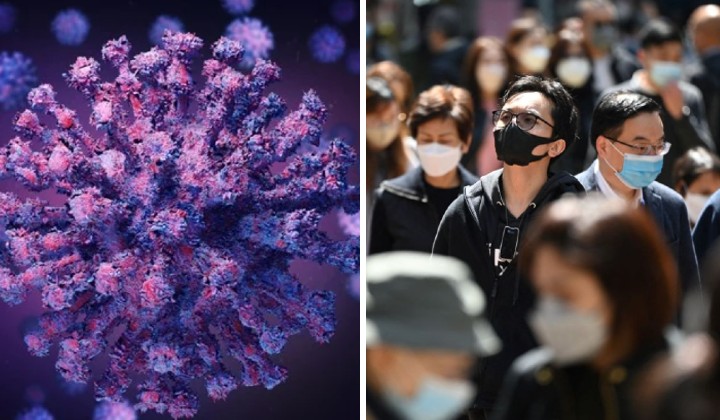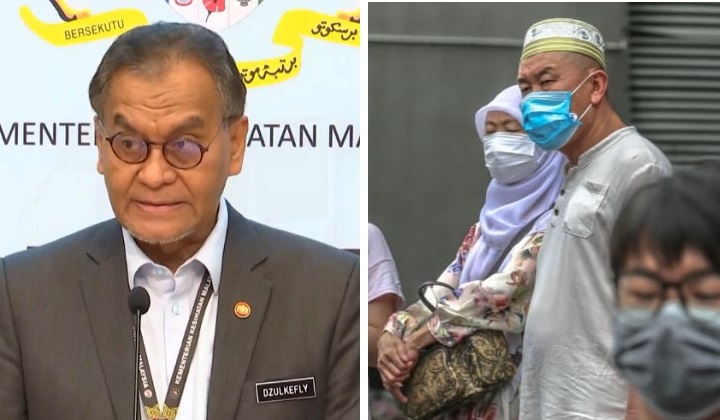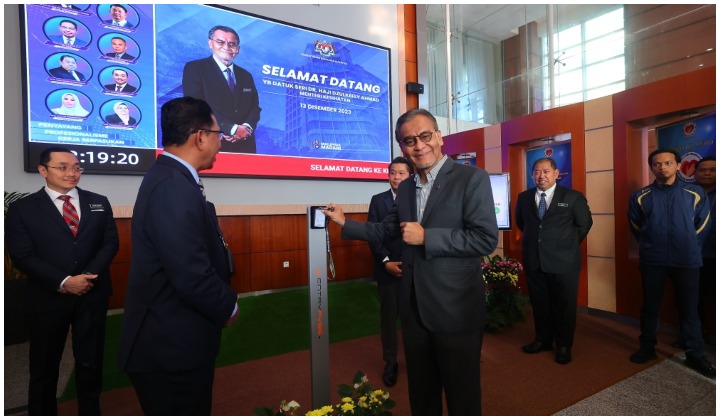Wangsa Maju MP Suggests Use Of Food Coupons For Urban Poor Struggling Under MCO
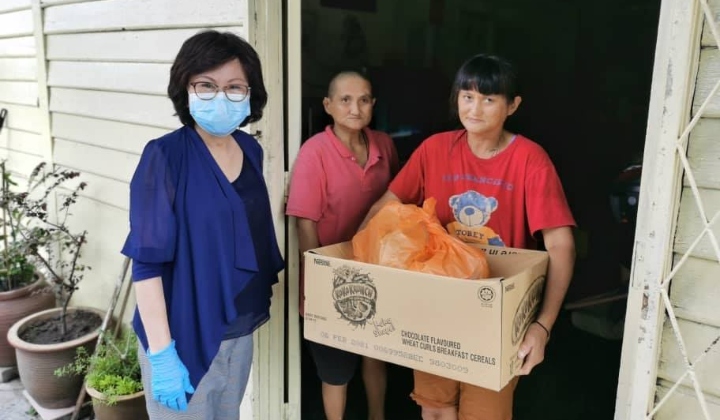
Subscribe to our new Telegram channel for the latest updates on COVID-19 and other issues.
Malaysia’s urban poor are struggling to cope under the movement control order (MCO) and are in need of urgent measures by the government to keep them afloat.
Speaking to Malaysiakini, Wangsa Maju member of parliament, Datin Dr Tan Yee Kew was referring to the responses she received for the Food Aid programme in her constituency, which she said is clear many are suffering and in desperate need of aid.
We have distributed food rations to 1,400 families in Wangsa Maju since April, and many are struggling to cope.
Dr Tan Yee Kew via Facebook
According to Dr Tan, there were many online applicants for the programme. Aside from those already receiving welfare aid, such as the disabled and single mothers, there are now new applicants who have suddenly found themselves impoverished by the effects of the pandemic.
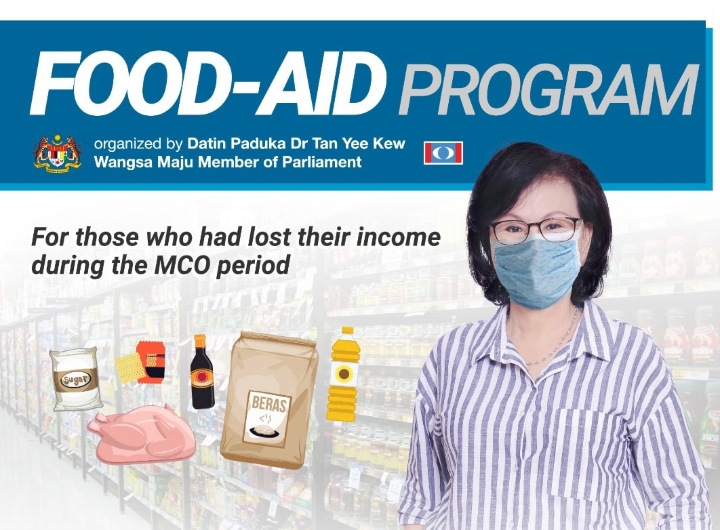
She pointed out that this problem needs to be addressed in the short term and long term. In the short term, she said that the government needs to provide charitable and immediate relief to the urban poor.
I would like to call on the government to consider implementing a food coupon system. This can be like the RM100 public transport scheme introduced by the Pakatan Harapan government.
Dr Tan Yee Kew via Malaysiakini
To address this issue in the long term, she opined that the low wages the urban poor are earning is not even enough for low-cost housing in KL. She shared that the waiting list for that is at 17,000 and the government needs to speed this process up and maybe even look at other methods considering the fact that land is limited in the city.
Dr Tan said that her team has been calling each applicant to better understand their needs and gain insight on how the MCO has impacted them.
She found that more than half of the applicants were between 31 and 55 years old, representing the main breadwinners of a family. Meanwhile, about 33% of the recipients were retirees and those above 54-years-old.
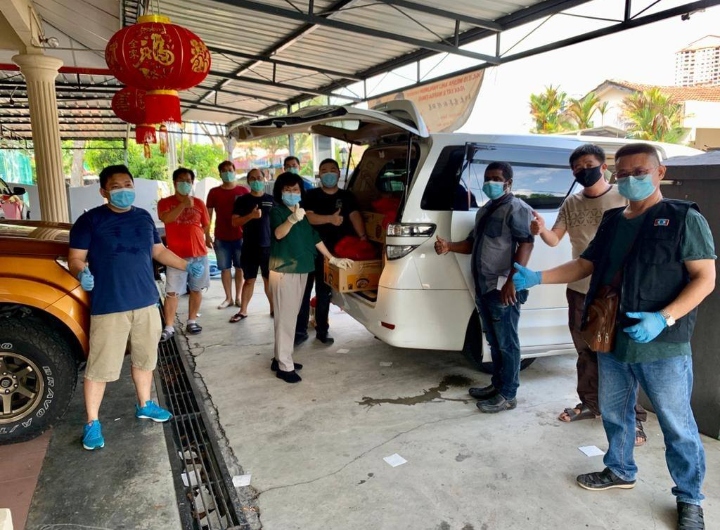
Only about 10% of the recipients were younger than 30-years-old.
The majority of the 1,400 recipients are Malays that is 967 (69%), which is understandable as a majority of the Wangsa Maju population are Malays. There are 240 (17%) Chinese recipients and 185 (13%) Indians.
Dr Tan Yee Kew via Facebook
Many of these recipients are self-employed hawkers and small traders, cleaners, taxi/Grab drivers, sales attendants, marketing agents, despatch boys, cooks, drivers, clerks, junior technicians, teachers and odd-job workers.
Their normal incomes are generally low even prior to the enforcement of MCO and only 13 percent earn more than RM2,000.
Dr Tan Yee Kew via Facebook
Check out Dr Tan’s full Facebook post below:
Keep up to date with the COVID-19 outbreak in Malaysia on our Facebook, Twitter and Instagram.
Starving forensic investigator turned writer cause she couldn't find a job. Used to search for killers now searches for killer stories.

